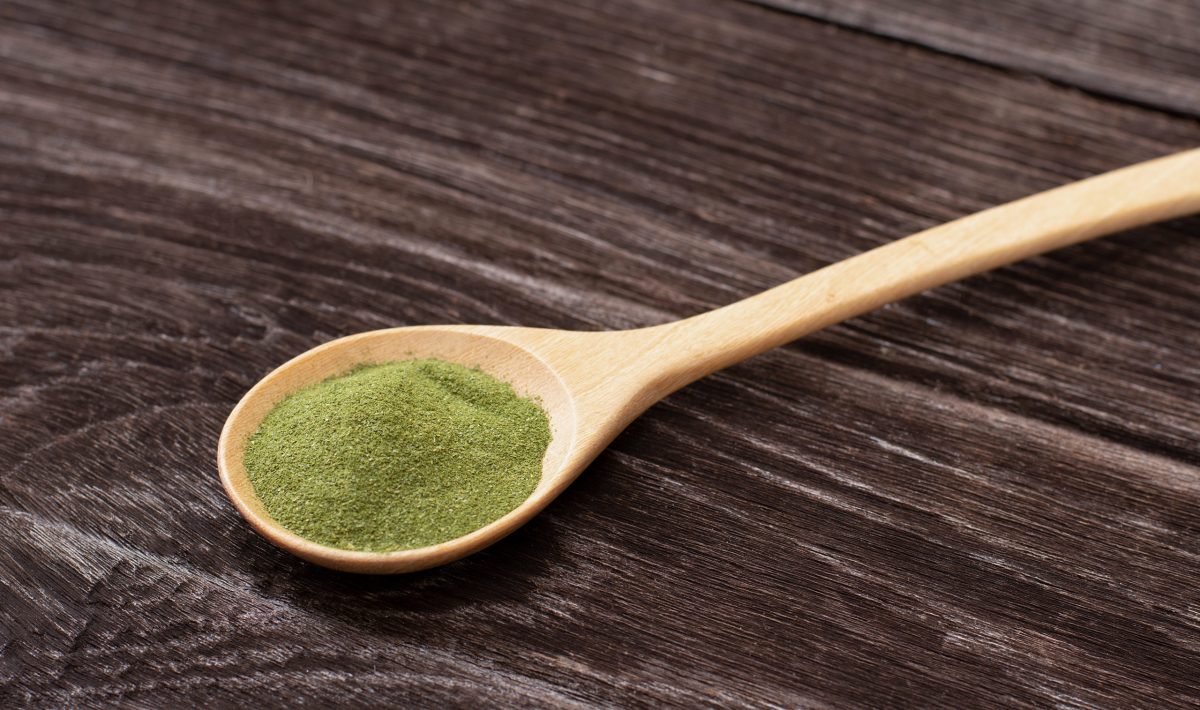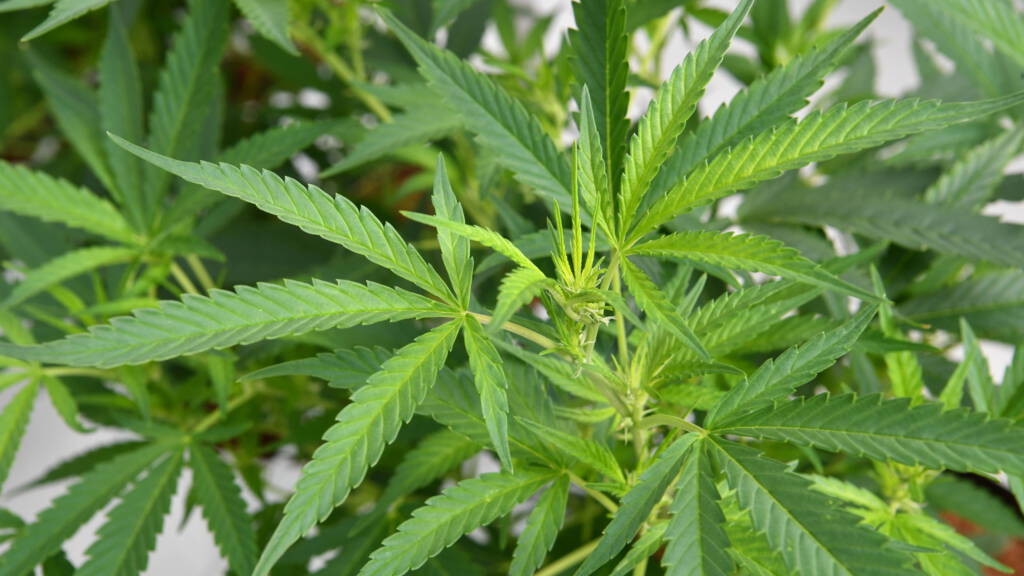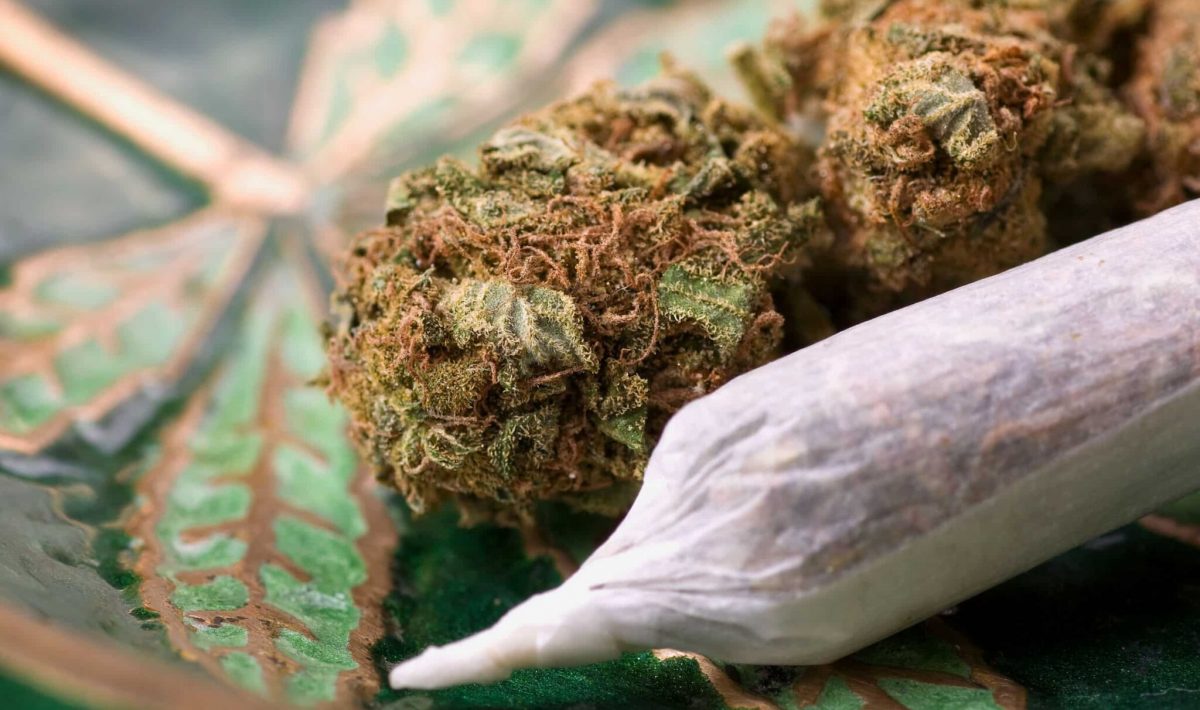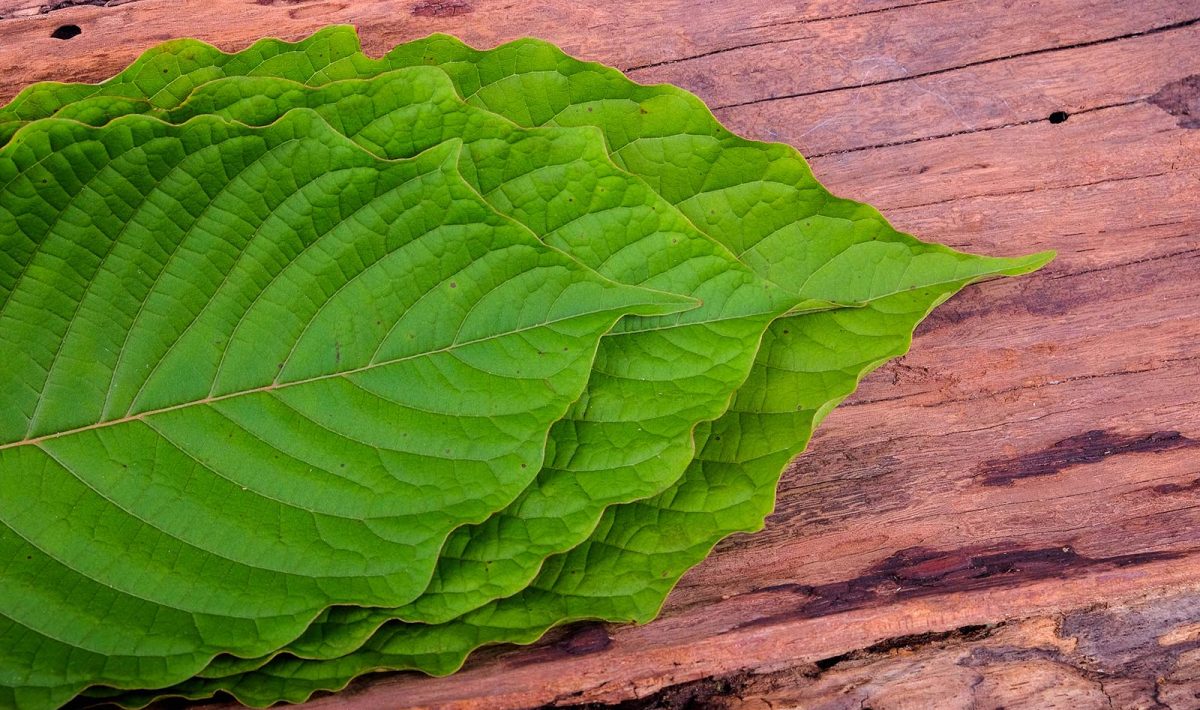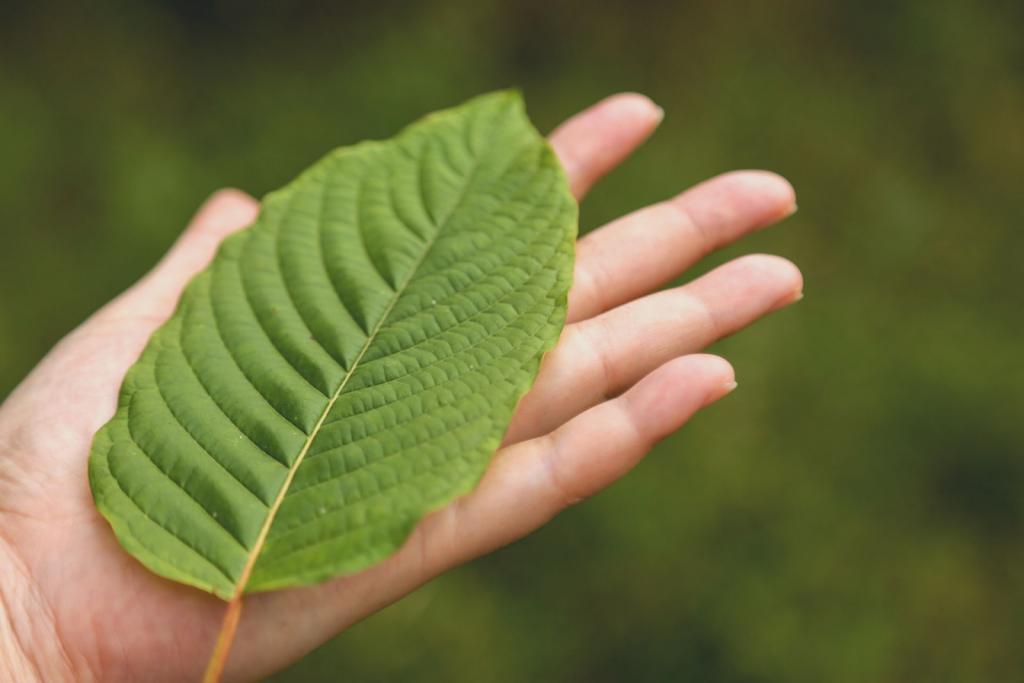Teen Triumph: Green Thai Kratom’s Support for Adolescent Pain Management
Teenagers frequently face a horde of actual difficulties, from sports wounds to developing pains, which can influence their day-to-day routines and, by and large, their prosperity. The kratom edibles arise as a characteristic and successful answer for supporting adolescent pain management, offering help without the incidental effects related to ordinary prescriptions.
Natural Pain Relief:
Kratom is famous for its pain-relieving properties, making it an important partner in overseeing different kinds of pain regularly experienced by adolescents. Whether it’s muscle irritation from sports exercises or distress related to development sprays, this herbal cure gives delicate and viable alleviation. By associating with narcotic receptors in the mind, Kratom eases pain without the gamble of reliance or resistance.
Safe and Non-Addictive Alternative:
Not at all like remedy pain drugs, which convey the gamble of dependence and unfavorable secondary effects, kratom edibles offers a safe and non-habit-forming elective for adolescent pain management. With its regular starting points and adjusted alkaloid profile, it gives alleviation without undermining teens’ drawn-out wellbeing and prosperity. This makes it especially engaging for guardians and medical care suppliers looking for comprehensive answers for teen pain management.
Improved Quality of Life:
Persistent pain can negatively affect teens’ personal satisfaction, influencing their state of mind, rest, and, by and large, and prosperity. Kratom gives actual help as well as advances profound versatility and mental clarity. By easing pain and uneasiness, it assists teens with recovering control of their lives and experiencing more noteworthy bliss and satisfaction.
Kratom arises as an encouraging sign for adolescents looking for help from pain and distress. With its normal starting points, wellbeing profile, and all-encompassing advantages, it offers teens a pathway to triumph over actual difficulties and recover their imperativeness. By integrating Kratom into their health schedule, adolescents can encounter further developed pain management and a better quality of life, engaging them to flourish in all parts of their journey to adulthood.


